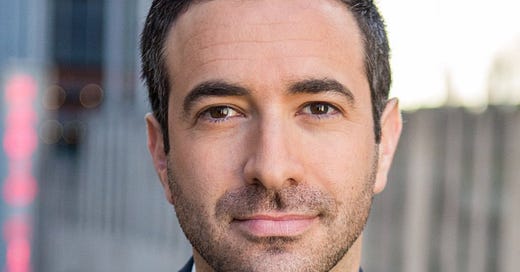Hi, Ari here, this is a Friday post of my newsletter, today on Mac Miller.
And if you like these culture posts, please consider subscribing.
Keep reading with a 7-day free trial
Subscribe to Ari Melber to keep reading this post and get 7 days of free access to the full post archives.



